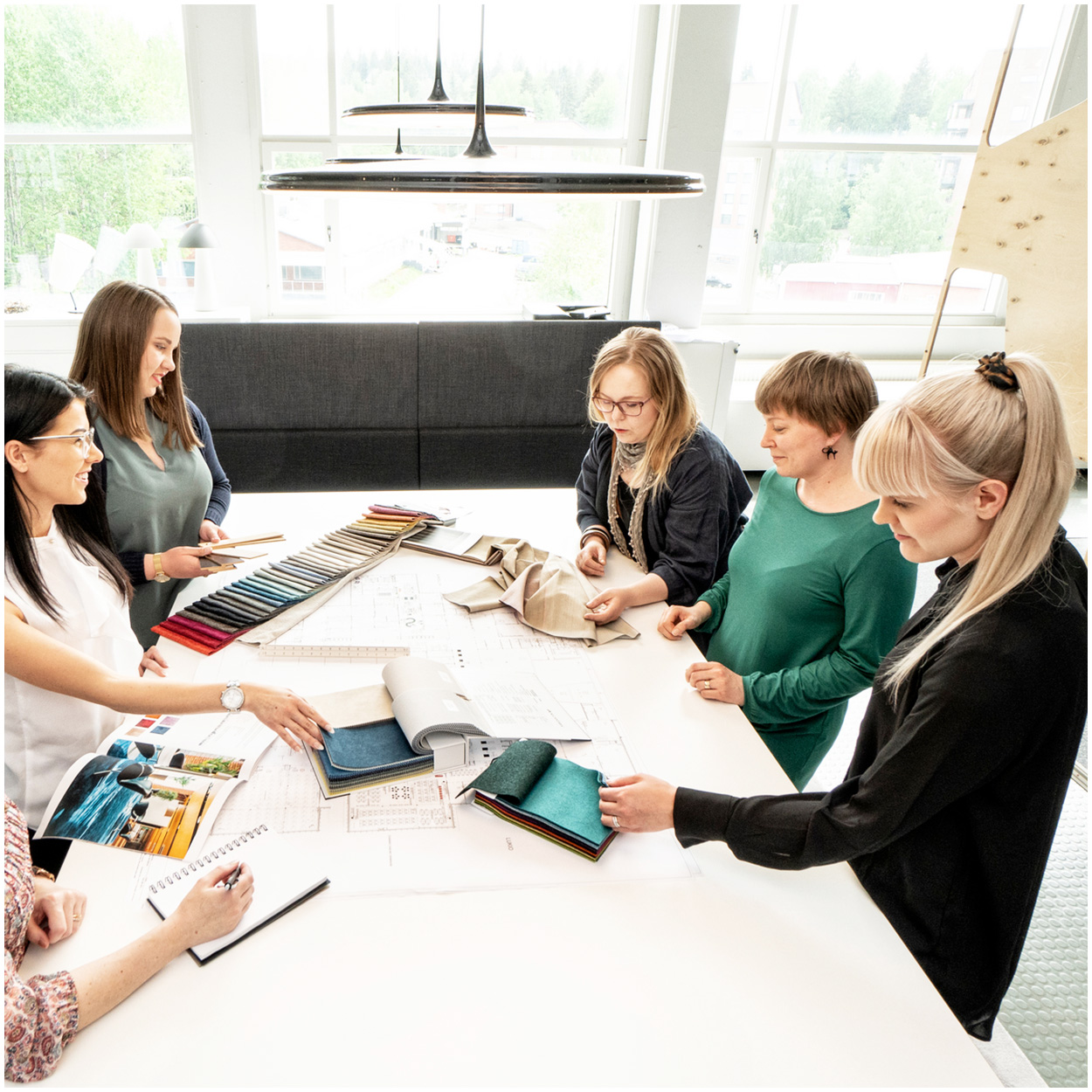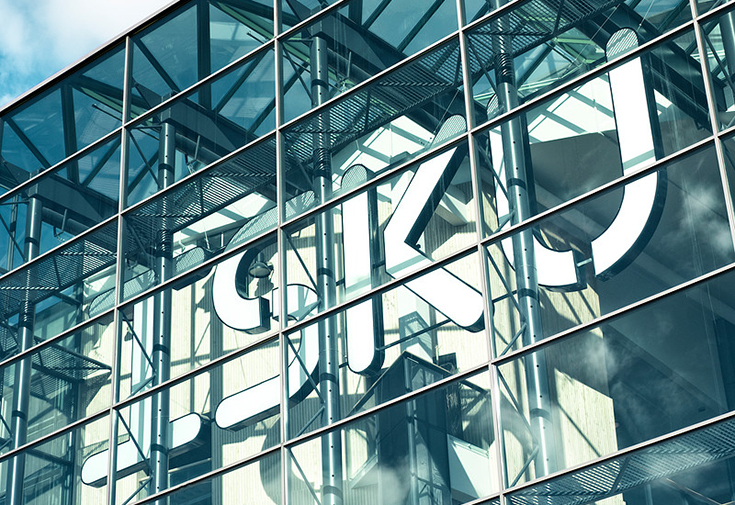June 3, 2024. Written by Amir Al Seiab
Imagine a world where classrooms are buzzing with excitement, where students are passionate about learning and where schools are among the best in the world. This is not just a dream – it is a reality in Finland, which is known for its exceptional education system and inspiring learning environment. Now imagine this same level of excellence transferred to the Middle East. What if we could harness Finland’s pioneering educational methods to transform schools in the region?
Exploring the educational landscape of the Middle East opens promising opportunities to improve learning experiences by introducing innovative Finnish educational methods. At the forefront of this movement is ISKU, an industry pioneer in the development of schools by offering comprehensive solutions designed to elevate learning environments to new heights.
The education landscape in the Middle East reflects strong influences from both the British and the American education systems, which have significantly shaped curriculum development, learning environments and the working culture. Along with state institutions, the private sector plays a key role in organizing education throughout the region.
Middle Eastern countries especially United Arab Emirates and Saudi Arabia have committed to significant education reforms as part of their Education Strategy for the year 2030, aiming to enhance educational quality, promote inclusion, and improve global competitiveness. These nations are actively working to increase accessibility and improve outcomes in their education systems, with a specific focus on enhancing performance in international assessments such as the Program for International Student Assessment (PISA). These efforts underscore a shared dedication to developing human capital and fostering diverse knowledge-based economies for sustainable growth and prosperity.
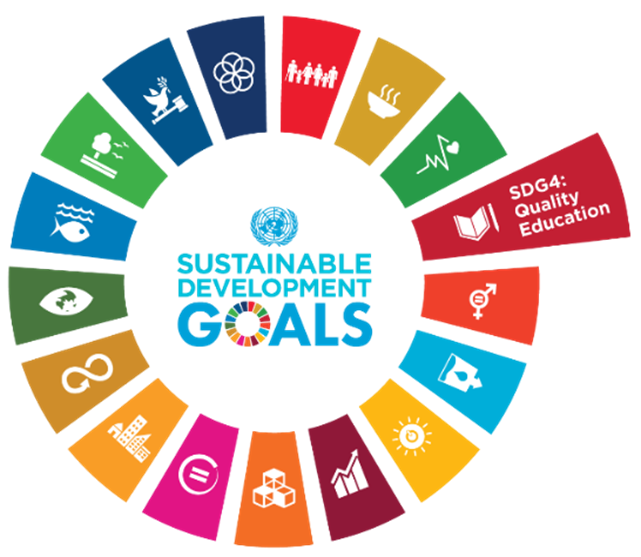
Image 1: The 17 United Nations Sustainable Development Goals (SDGs).
Image courtesy of the United Nations.
According to the United Nations Sustainable Development Goals (SDGs), education infrastructure plays a vital role in improving the quality of education, alongside curriculum and teachers. Emphasizing the importance of safe learning environments, SDG 4 underscores the necessity for adequate physical infrastructure and safe, inclusive spaces that foster learning for everyone.
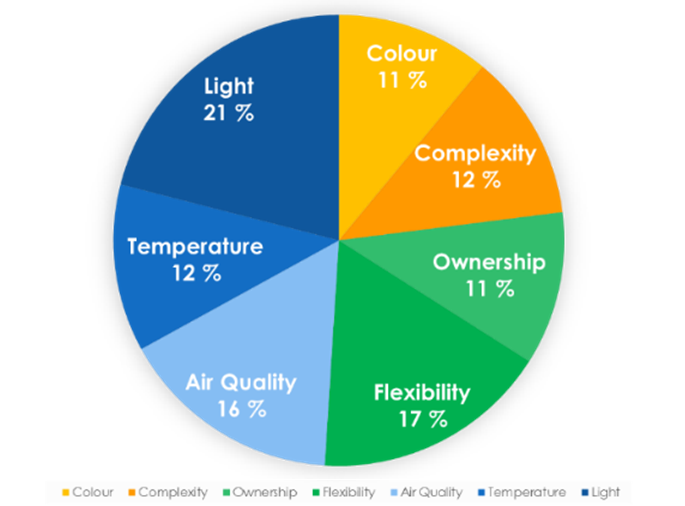
Figure 1: Percentage of Academic Improvement by Factor.
Figure created by Elise Tarvainen, based on findings from: The Impact of School Infrastructure on Learning: A Synthesis of the Evidence. World Bank, 2018.
“The Impact of School Infrastructure on Learning: A Synthesis of the Evidence” by the World Bank in 2018 highlights that 16% of academic outcomes are related to classroom design and physical features, with the biggest impacts coming from flexibility, air quality, lighting, and color. Investing in a well-designed school infrastructure optimizes educational outcomes and promotes academic success. The quality of primary school infrastructure significantly impacts children’s academic performance, especially in reading, writing and mathematics. This approach creates supportive environments that enhance learning experiences across subjects and educational stages.
ISKU’s Innovative Solutions and Commitment to Improving the Education Landscape in the Middle East
The education sector in this region is undergoing significant growth and evolution, with education being fundamental to its progress. Meeting the growing demands requires major investment in educational infrastructure and programs. In this dynamic setting, innovative partners like ISKU furniture manufacturer have a unique opportunity to offer high-quality, sustainable solutions to educational institutions across the region.
Based on more than 75 years of educational expertise, ISKU integrates modern concepts into the planning and development of schools throughout the Middle East. Specializing in creating pedagogically driven learning environments, ISKU offers high-quality, sustainable, and responsibly designed products that are tailored to the unique needs of the top schools. In addition to furniture solutions, ISKU can also present the Finnish education system and create comprehensive schools and educational institutes. Our approach emphasizes the creation of innovative and sustainable learning environments that improve the quality and efficiency of education in the Middle East.
ISKU products are customizable and flexible to fit different learning spaces and classrooms. We prioritize aesthetics to create inspiring spaces that motivate both students and teachers. Key considerations such as ergonomics and comfort ensure that our furniture supports correct posture and facilitates longer learning hours. By integrating these essential elements into our design philosophy, ISKU aims to elevate educational facilities in the Middle East and promote environments that improve learning outcomes and promote student well-being.
This comprehensive approach underscores ISKU’s commitment to fostering educational infrastructure and conducive learning environments throughout the Middle East, which aligns with our mission to support educational excellence and innovation in the region.
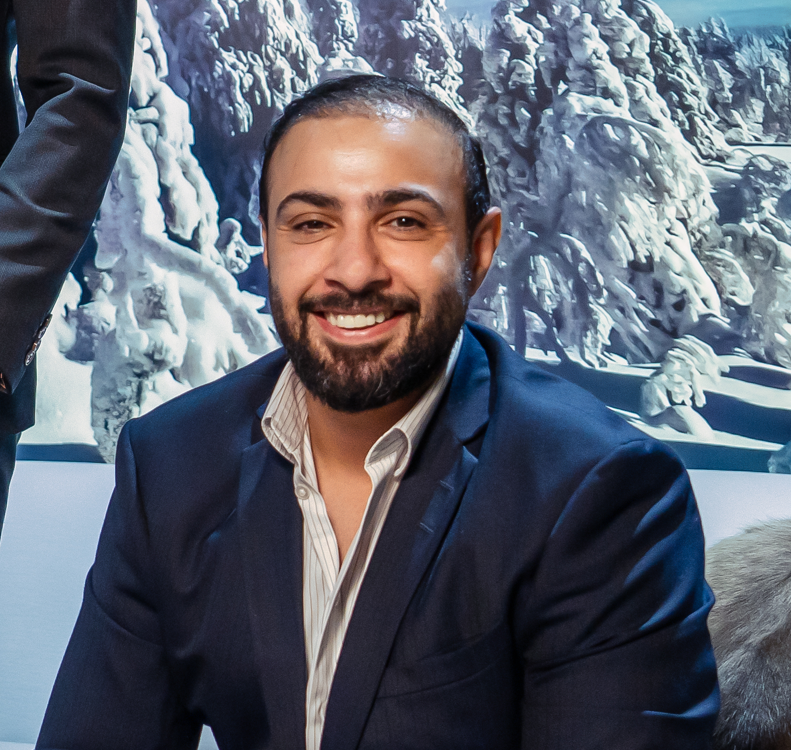
About the author
Amir Al Seiab started his ISKU journey as a dedicated member of an international team and quickly took on a key role in the Middle East branch office in Dubai. As the business development manager for the MENA region, his mission is clear: to strengthen the brand’s presence in the entire region and strengthen ISKU’s foothold in the market.

